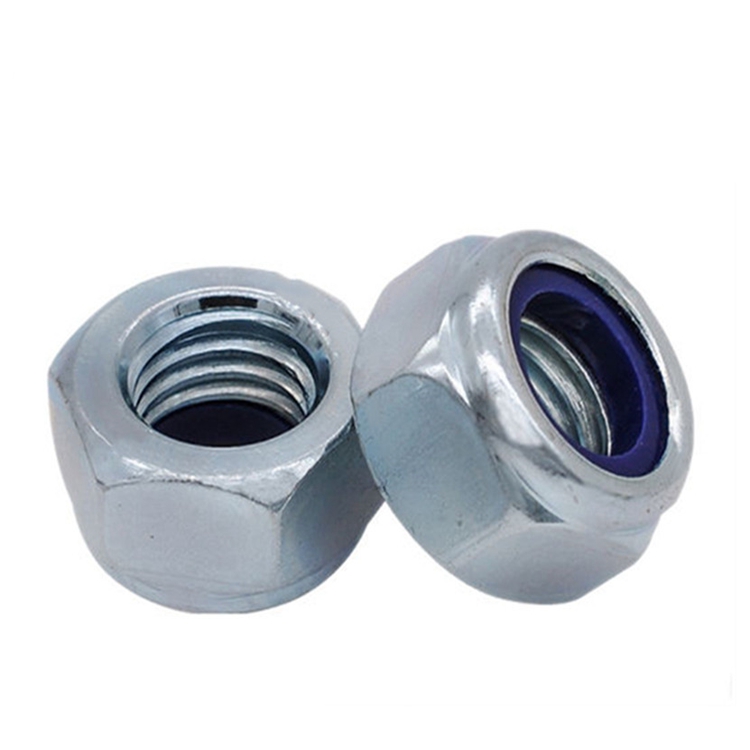double ended threaded stud bolt m6 35mm companies
Mar . 05, 2025 02:38 Back to list
double ended threaded stud bolt m6 35mm companies
The 1-4-20 stud bolt is a critical component in industrial applications, serving as an essential fastening solution that ensures safety and efficiency in various settings. As a seasoned expert in the field of industrial fasteners, the nuances of selecting the right stud bolt for any application is a subject that cannot be overstated.
Authoritative sources, including industry standards organizations like the American Society of Mechanical Engineers (ASME), provide valuable guidelines on specifications that ensure these bolts meet rigorous safety and quality standards. For example, adherence to ASME B16.5 or B16.47 standards guarantees that the stud bolt dimensions and materials are optimized for pressure-integrity. Such standards are a testament to the trustworthiness manufacturers and end users can place in these components. Trust is further fortified by the proven performance of 1-4-20 stud bolts in real-world stress testing environments. Testing in laboratory conditions under simulated high-pressure and high-temperature scenarios consistently shows that when manufactured to specification, these bolts maintain their integrity and performance. Furthermore, feedback from industry veterans echoes the necessity of choosing a reputable manufacturer who complies with necessary certifications and quality control measures. When discussing expertise, it's also essential to consider the proper installation and maintenance of the 1-4-20 stud bolt. Installation should always be carried out by trained professionals, using the appropriate torque settings to avoid compromising the bolt's integrity. Subsequent maintenance involves regular inspection for signs of wear or corrosion, which can preempt failures and extend the lifespan of the equipment. In synthesis, the 1-4-20 stud bolt represents not just a critical component of industrial applications but also a standard of quality and performance. When choosing this type of stud bolt, prioritize manufacturers who demonstrate a commitment to quality assurance and adherence to industry standards. This ensures that every aspect—from material choice to performance testing—is optimized to meet the stringent demands of modern industry, reinforcing a reputation for reliability and excellence.


Authoritative sources, including industry standards organizations like the American Society of Mechanical Engineers (ASME), provide valuable guidelines on specifications that ensure these bolts meet rigorous safety and quality standards. For example, adherence to ASME B16.5 or B16.47 standards guarantees that the stud bolt dimensions and materials are optimized for pressure-integrity. Such standards are a testament to the trustworthiness manufacturers and end users can place in these components. Trust is further fortified by the proven performance of 1-4-20 stud bolts in real-world stress testing environments. Testing in laboratory conditions under simulated high-pressure and high-temperature scenarios consistently shows that when manufactured to specification, these bolts maintain their integrity and performance. Furthermore, feedback from industry veterans echoes the necessity of choosing a reputable manufacturer who complies with necessary certifications and quality control measures. When discussing expertise, it's also essential to consider the proper installation and maintenance of the 1-4-20 stud bolt. Installation should always be carried out by trained professionals, using the appropriate torque settings to avoid compromising the bolt's integrity. Subsequent maintenance involves regular inspection for signs of wear or corrosion, which can preempt failures and extend the lifespan of the equipment. In synthesis, the 1-4-20 stud bolt represents not just a critical component of industrial applications but also a standard of quality and performance. When choosing this type of stud bolt, prioritize manufacturers who demonstrate a commitment to quality assurance and adherence to industry standards. This ensures that every aspect—from material choice to performance testing—is optimized to meet the stringent demands of modern industry, reinforcing a reputation for reliability and excellence.
Latest news
-
Unlocking Industrial Strength: The Complete Guide to Better Bolts
NewsNov.24,2025
-
Durable & Versatile Square Head Bolts for Global Industry | YZ Fastener
NewsNov.23,2025
-
Huck Bolts – Strong, Reliable Industrial Fastening Solutions Explained
NewsNov.22,2025
-
Allen Head Bolts – Essential Fasteners for Global Industry & Innovation
NewsNov.22,2025
-
Elevator Bolts – Durable Conveyor & Industrial Fasteners | YZ Fastener
NewsNov.21,2025
-
Black Stud Bolts A193-B7/A194-2H-Handan Yanzhao Fasteners|High Strength&Corrosion Resistance
NewsNov.21,2025
